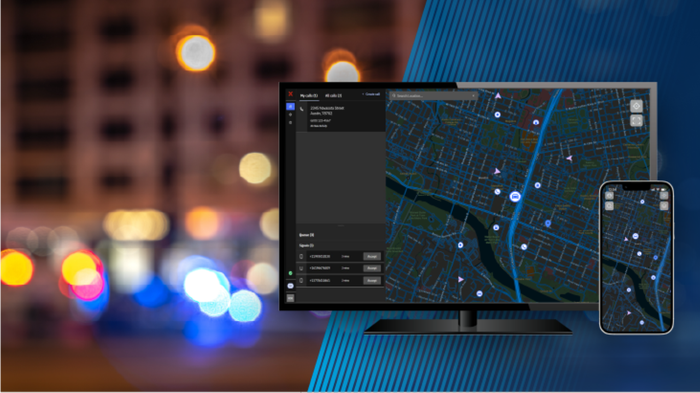Federal appeals court reduces Hytera payment to Motorola Solutions, permanent-injunction considerationFederal appeals court reduces Hytera payment to Motorola Solutions, permanent-injunction consideration

Hytera Communications will see the copyright damages it owes Motorola Solutions reduced “substantially,” but the China-based LMR manufacturer still will have to pay more than $400 million and face the possibility of a permanent injunction being imposed on it, according to a recent U.S. appeals-court ruling.
With the appeals-court decision, these portions of the civil case against Hytera—initially filed in 2017, claiming that Hytera built its DMR radios with trade secrets and copyrighted software stolen from Motorola—will be reconsidered by a U.S. district court. In addition, the appeals-court order affirmed the district court’s decision that Hytera Communications owes Motorola Solutions at least $407.4 million—$135.8 million in compensatory damages and $271.6 million in punitive damages.
But the opinion written by 7th Circuit Judge David Hamilton calls on the district court to recalculate the $136.3 million in copyright damages, noting that the amount “will need to be reduced substantially.”
This reduction will be based on the fact that the copyright damages should only be based on Hytera sales within the U.S., as opposed to the worldwide sales figures that were used by the district court, according to Hamilton’s opinion. U.S. District Court Judge Charles Norgle—now retired—used the Hytera worldwide sales numbers, because Motorola Solutions argued that the DMR software code was downloaded from a U.S.-based server in Illinois.
But the appeals court disagreed, noting that Motorola Solutions failed to prove that the stolen software code was downloaded from a U.S. server, as company servers in Malaysia are believed to be the ones utilized.
“The district court’s factual finding that the code was downloaded from the Illinois server lacks adequate support in the record, and we reverse that factual finding as clearly erroneous,” Hamilton’s opinion states. “Motorola thus failed to establish the first prong of the predicate-act doctrine: a completed act of copyright infringement in the United States. Motorola is not entitled to recover damages for any of Hytera’s foreign sales of infringing products under the Copyright Act.”
In the district court, Judge Pacold will have to determine the exact amount of copyright damages—based on the U.S. sales of Hytera’s relevant DMR products—that Hytera Communications would be required to pay Motorola Solutions.
Hamilton’s opinion was less favorable to Hytera Communication in directing the district court to reconsider its denial of Motorola Solutions’ request for a permanent injunction on sales of Hytera products that were found to have used the stolen trade secrets or software at issue. Judge Norgle denied that motion at the time and decided that the matter would be addressed better by imposing a royalty on such sales.
After Hytera failed to make royalty payments according to schedule, Motorola Solutions again asked for a permanent injunction again the China-based LMR manufacturer, but the district court ruled that it lacked jurisdiction, because the case already had been put before the appeals court. This district-court conclusion “reflected a legal error,” according to the appeals court.
With this in mind, the appeals court directed the district court overseeing the case—headed by District Court Judge Martha Pacold after Norgle’s retirement—to “take a fresh look” at the Motorola Solutions motion that a permanent injunction be imposed against Hytera. Hamilton’s opinion that the appeals court has not ruled on the merits of the permanent-injunction issues, only that the matter should be reconsidered by the district court.
However, the appeals-court opinion did note that the district court’s decision on the permanent-injunction issue can include “additional evidence of Hytera’s litigation misconduct that has come to light since the original denial of a permanent injunction. Since that denial, Hytera has acted in ways that might well have surpassed the judge’s worst-case predictions.”
Indeed, the opinion written by Hamilton criticizes Hytera Communications’ legal conduct during the case, calling it “reprehensible ‘to an extreme degree’” in one instance and describing it as “reprehensible” multiple other times.
No timetable has been established regarding when the district court would tackle the copyright-damages and permanent-injunction issues, but the appeals-court opinion written by Hamilton states that “we remain confident of the [district] court’s ability to resolve the remaining issues on remand.”





